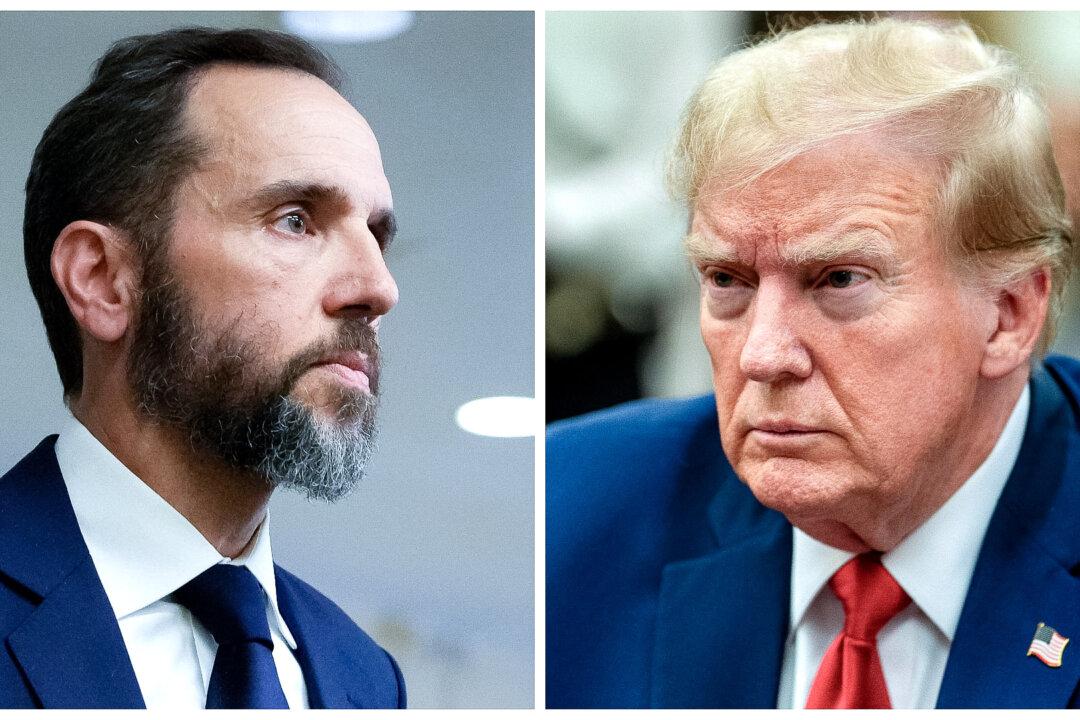More than a dozen former Defense Department officials, generals, and admirals filed a brief with the Supreme Court arguing against former President Donald Trump’s presidential immunity arguments.
It comes as the U.S. Supreme Court is set to hear arguments on the former president’s assertions that he should enjoy immunity from prosecution for activity that he carried out while he was president. The former president invoked that argument after he was accused by federal prosecutors of attempting to illegally overturn the 2020 election results.





